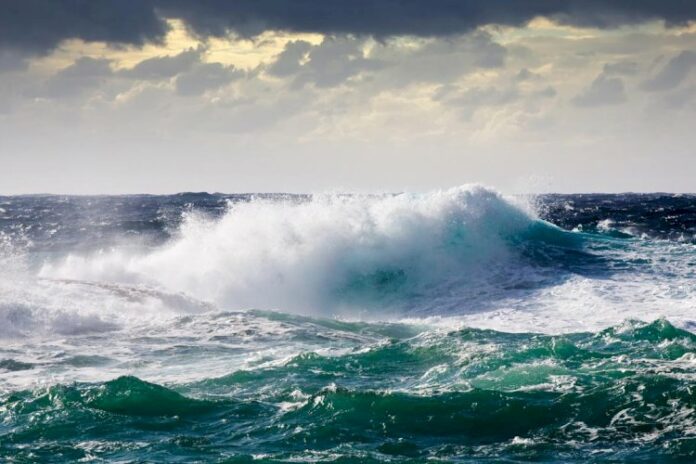Wave Energy Scotland (WES) has awarded £1.4 million to four projects developing quick connection systems to improve the installation efficiency and infrastructure of wave power devices. From the seven Stage 1 projects, four projects have come through the WES Stage Gate process to secure Stage 2 contracts in the Quick Connection Systems programme.
The European Marine Energy Centre (EMEC) is partnering on two of the successful projects, one led by Quoceant and the other by Apollo.
Quoceant’s Q-Connect is a set of modular subsystems that can be combined in different configurations to provide quick, safe, and low-cost mechanical and electrical connection and disconnection for wave and tidal energy devices. The ‘hands free’ system can cater for slack and taut moored devices on the surface or sub-sea. Led by Quoceant, the stage 2 funding of nearly £350k will see further design and analysis of the system supported by output from detailed numerical simulation of key operations. The project brings together an expert team of engineers, marine operational specialists and commercial expertise from leading marine companies including the European Marine Energy Centre (EMEC), Inyanga Maritime, Mocean, AWS Ocean Energy and SMD.
EMEC’s main role in the project is to assess compliance with electrical, mooring and environmental standards and provide third party review of functional and operational specifications. EMEC will also take part in the Technical Advisory Group and will support on the commerical side of the project, identifying potential routes to market.
Apollo’s Pull and Lock Marine (PALM) connector uses a passive locking mechanism that provides the connection and load transfer between the wave energy converter and its moorings. The core innovation is the design of a formed plug component and catcher arm. This function is purely mechanical and requires only the input of a suitable deck winch on the installation vessel.
In this project EMEC has been brought in to share environmental site data and provide third party reviews around health and safety, and marine operations.
The other two successful systems in the WES call are being designed by Blackfish Engineering Design and Nova Innovation.
Blackfish Engineering Design’s C-DART provides a remote installation system for a WEC or other floating system. The novel system allows quick connection and disconnection of a WEC to an offshore buoy, providing both a mechanical mooring and electrical connection.
Nova Innovation’s MECmate is a wet-mate connection solution specifically designed for marine energy converters (MECs). The project builds on their proven NovaCan technology currently in operation in Nova’s Shetland tidal array.
Commenting on the awards, Tim Hurst, managing director of WES said:
“This programme will develop technology that will reduce the cost of wave and tidal energy and ultimately help marine energy play a part in Scotland’s net-zero future. “Connecting and disconnecting devices quickly and remotely will increase safety in offshore operations, and the wider potential for these technologies is significant across offshore and subsea applications.”
The overall aim of the quick connection systems programme is to reduce the duration, cost and risk of offshore operation for wave energy convertors by supporting projects to design and develop quick connection and disconnection systems between devices and moorings and/or electrical systems.
The teams aim to develop their designs during the second stage of the programme, working with partners to test and model the technology prior to scale testing in the future.
Energy Minister Paul Wheelhouse said:
“This announcement represents an important step forward for Scotland’s world-leading wave energy sector. We believe that wave energy offers tremendous economic potential and can play an important role in Scotland’s response to the global climate emergency.”



